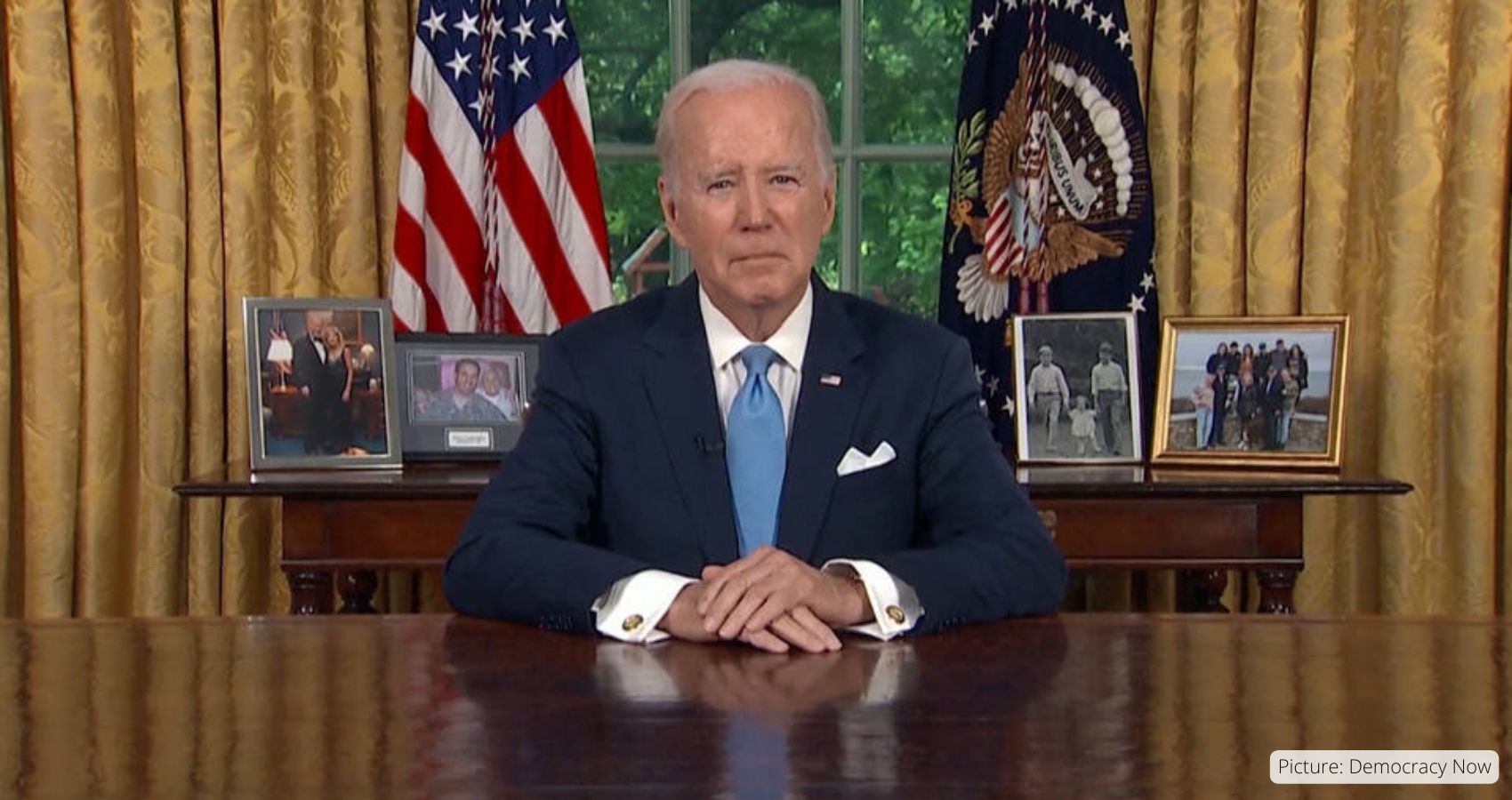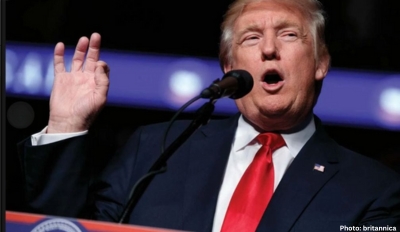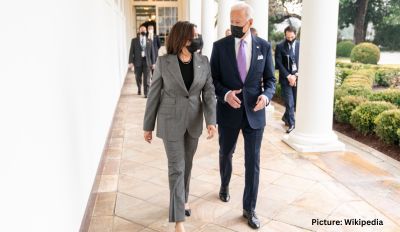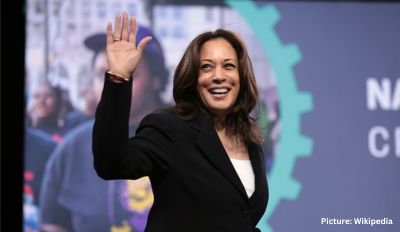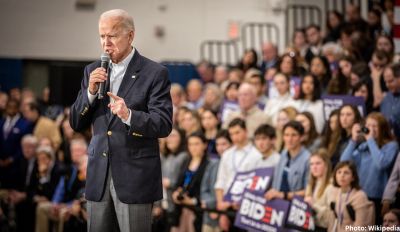President Joe Biden on Saturday, June 3rd signed the debt ceiling bill, a capstone to months of negotiations that pushed the U.S. to the brink of default. Biden signed H.R. 3746, the “Fiscal Responsibility Act of 2023,” two days before Monday’s default deadline, on which the U.S. would run out of cash to pay its bills, according to a White House release.
Biden thanked House Speaker Kevin McCarthy, Senate Majority Leader Chuck Schumer and Minority Leader Mitch McConnell “for their partnership.” Biden tweeted: “I just signed into law a bipartisan budget agreement that prevents a first-ever default while reducing the deficit, safeguarding Social Security, Medicare, and Medicaid, and fulfilling our scared obligation to our veterans. Now, we continue the work of building the strongest economy in the world.”
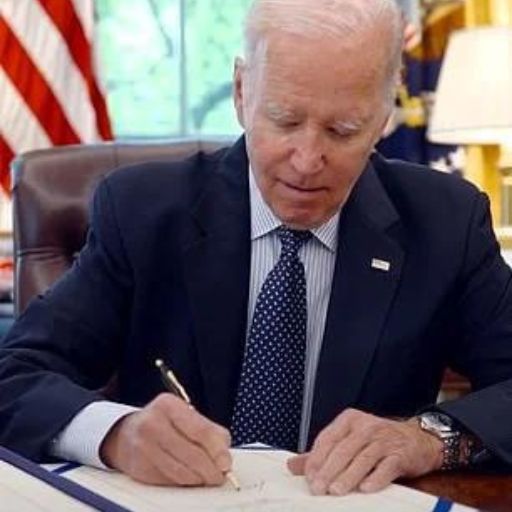 The House of Representatives and the Senate passed the legislation this week after Biden and House of Representatives Speaker Kevin McCarthy reached an agreement following tense negotiations.
The House of Representatives and the Senate passed the legislation this week after Biden and House of Representatives Speaker Kevin McCarthy reached an agreement following tense negotiations.
The Treasury Department had warned it would be unable to pay all its bills on Monday if Congress had failed to act by then.
Biden, who had experienced the 2011 debt limit crisis, refused to make any concessions for what he considered Congress’s basic duty. However, McCarthy, encouraged by conservatives seeking significant changes to federal spending, was determined to use the nation’s borrowing power as leverage, even if it risked pushing the U.S. towards default.
The ensuing events demonstrated how two influential figures in Washington, both of whom believe in the importance of personal connections despite not having a strong relationship themselves, managed to prevent an unprecedented default that could have seriously damaged the economy and carried unpredictable political repercussions.
However, the standoff was primarily provoked by Republicans who believed that threatening the debt limit was necessary to curb federal spending. Despite a decisive 314-117 House vote and a 63-36 Senate vote, this episode has put McCarthy’s speakership to the test and challenged his capacity to control his party’s rebellious far-right faction.
“IT’S ALL ABOUT THE ENDGAME”
McCarthy now feels empowered and remains undaunted. Reflecting on his election as speaker after the House passed the debt limit package, he mentioned his arduous journey to secure the gavel in January. He stated, “Every question you gave me (was), what could we survive, what could we even do? I told you then, it’s not how you start, it’s how you finish.”
This narrative of the prolonged process through which Washington resolved the debt limit crisis is based on interviews with legislators, senior White House officials, and high-ranking congressional aides, some of whom requested anonymity to disclose private negotiation details.
Key to overcoming the obstacles were Biden and McCarthy’s five negotiators, who brought policy expertise to the table and received full support from their leaders. Republicans particularly appreciated the involvement of presidential counselor Steve Ricchetti, who speaks on behalf of Biden like no one else, and Shalanda Young, the current director of the Office of Management and Budget, who gained invaluable experience as a respected senior congressional aide overseeing the intricate annual appropriations process.
Young and Rep. Patrick McHenry of North Carolina, one of McCarthy’s negotiators, developed such a close rapport that they phoned each other every morning during their respective day care drop-offs. Additionally, Young and the other GOP negotiator, Rep. Garret Graves, playfully debated who had the better gumbo recipe while discussing the debt limit during a White House celebration for the national champion Louisiana State University women’s basketball team.
The five negotiators – Graves, McHenry, Ricchetti, Young, and legislative affairs director Louisa Terrell – convened daily in an elegant office on the Capitol’s first floor, adorned with frescoes by 19th-century muralist Constantino Brumidi. In these meetings, they focused intently on priorities and non-negotiables to determine how they could reach an agreement.
HITTING PAUSE AND A ‘BACKWARD’ PROPOSAL
By May 19, the negotiations were becoming shaky. Republicans grew impatient as the White House seemed unwilling to compromise on reducing federal spending, which was a non-negotiable demand for the GOP.
During a morning meeting that Friday, White House officials urged McHenry and Graves to present a formal proposal. However, the frustrated Republicans opted to go public instead. They informed reporters that the talks had temporarily halted. As he hurried through the Capitol, Graves said, “We decided to press pause because it’s just not productive.” He later explained that he and McHenry were tired of playing games.
Tensions didn’t subside. When negotiations resumed that night, McHenry and Graves presented a new proposal that not only revived numerous rejected provisions from the GOP’s debt limit bill but also incorporated the House Republicans’ border-security bill. A White House official labeled the proposal “regressive.”
The White House expressed its own frustrations as the discussions seemed to be faltering, starting with a lengthy statement from communications director Ben LaBolt and followed by Biden’s comments at a press conference in Hiroshima, Japan, where he was attending a summit of leading democracies. The president stated, “Now it’s time for the other side to move their extreme positions. Because much of what they’ve already proposed is simply, quite frankly, unacceptable.”
HOPE, LONG HOURS, AND GUMMY WORMS
Despite the escalating public rhetoric, there were indications that the talks were improving. Biden called McCarthy from Air Force One as he left Japan, and the speaker appeared more hopeful than he had been in days. Fueled by coffee, gummy worms, and burritos, negotiators worked exhausting hours, primarily at the Capitol but once at the Eisenhower Executive Office Building, where they enjoyed Call Your Mother bagel sandwiches provided by White House Chief of Staff Jeff Zients.
One session lasted until 2:30 a.m., and Graves showed reporters an app tracking his sleep, revealing an average of three hours per night during the final stretch. McCarthy sent lawmakers home over Memorial Day weekend, which McHenry believed was helpful. He said, “The tone of the White House negotiators became much more serious and much more grounded in the realities they were going to have to accept.”
PROMOTING THE AGREEMENT
On May 27, Biden and McCarthy announced a deal in principle and began the task of convincing others. The night before the vote, McCarthy assembled House Republicans in the Capitol’s basement, provided pizza, and explained the bill while challenging Freedom Caucus members to use the same aggressive language they had employed at an earlier news conference. By the meeting’s end, it was evident that McCarthy had quelled the rebellion.
Meanwhile, the White House had its work cut out for them in appeasing rank-and-file Democrats. Biden and McCarthy displayed contrasting styles throughout the negotiations, with the speaker discussing the debt limit talks openly and frequently, while the president remained quiet, wary of jeopardizing the deal before it was finalized.
Biden had been privately addressing his party’s concerns even as the agreement was being finalized. After the Congressional Progressive Caucus criticized the few known details, particularly regarding stricter requirements for federal safety-net programs, Rep. Pramila Jayapal received a call from Biden. He assured her that his negotiators were working diligently to minimize the Republican-drafted changes to food stamp and cash assistance programs.
In a statement after the vote, Biden expressed gratitude and relief, saying, “This budget agreement is a bipartisan compromise. Neither side got everything it wanted. That’s the responsibility of governing.”

